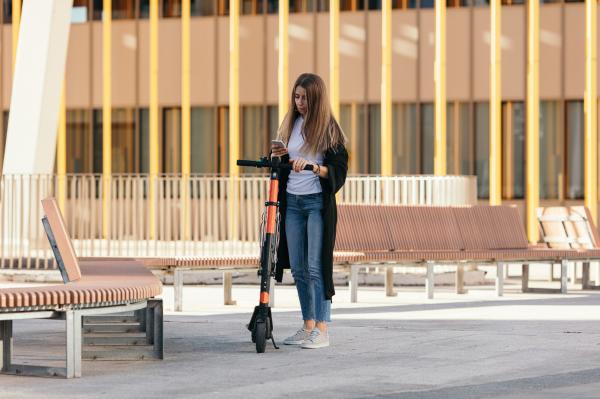Completed NRP 73 research project: Rebound effects of the sharing economy
17.04.2023
Drivers, barriers and the role of moral licensing
The term peer-to-peer sharing (P2P) describes the borrowing and lending of items between individuals. Although not new, P2P is one of the most promising developments where reducing the consumption of our finite resources is concerned. On the one hand, however, only a limited number of people actively participate, while on the other the possible rebound effects could restrict the positive impact of sharing.
The “Rebound effects of the sharing economy” project provides insights into the drivers and barriers that affect sharing behaviours and considers how far rebound effects reduce the positive environmental effects of sharing.
The project showed that usage barriers, value barriers and functional risks are the main obstacles to P2P sharing. These include non-users who are accustomed to consuming products in the traditional way, and non-users who regard P2P sharing as time-consuming, labour-intensive and insufficiently attractive financially.
The project found that moral licensing has an important role to play in driving rebound effects. In this context, moral licensing refers to the idea that people who use P2P platforms for economic and social reasons believe themselves justified in using the financial resources thus saved for other, possibly more resource-intensive, purposes. By contrast, ecologically motivated users do not practise this kind of moral licensing. There was no evidence that tips and hints on the environmentally friendly use of the savings resulting from sharing had any significant impact. Reducing the rebound effects of sharing is therefore a bigger challenge than expected and could indicate that emphasis should be placed on people’s intrinsic motivation for sharing.
More information:
More information on the research project
Selected publications:
Contact:
Prof. Dr. Claudia R. Binder
+41 21 693 08 63
claudia.binder@epfl.ch
